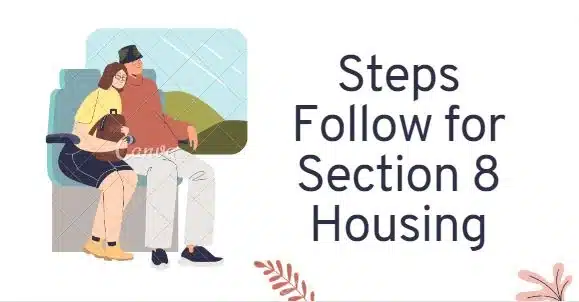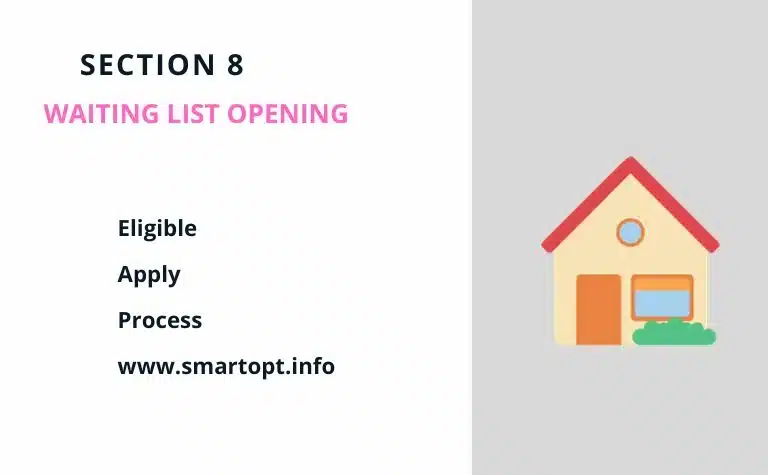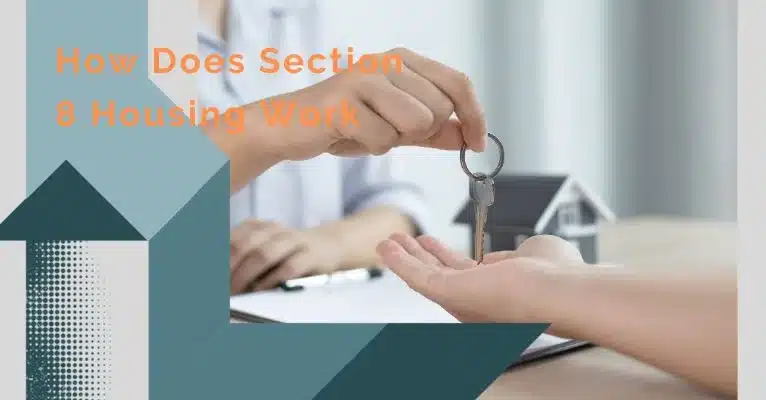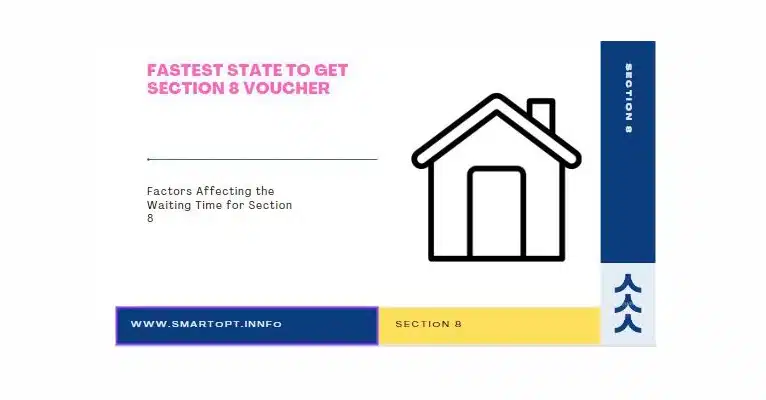How to Qualify for Section 8 Housing? 2024
Applying for the Section 8 housing choice voucher program may initially seem intimidating, with long waitlists and lots of paperwork involved. However, understanding basic eligibility requirements is the first step toward success. In this post, I’ll walk through some critical criteria you must fulfill to qualify for rental assistance – let’s dive right in and look at how to qualify for Section 8 housing.
How to Qualify

Income Limits
Each year, the Department of Housing and Urban Development (HUD) sets income limits based on median income in each county or metro area nationwide.
As per HUD guidelines, to qualify for Section 8, your household income must not surpass 50% of the median income in your region – otherwise known as the Very Low-Income Limit (VLI).
Assuming you live in an area with a median family income of $60,000 annually, your household income must fall below $30,000 to be eligible. Please be aware that income caps differ widely across regions across the US.
HUD provides an online lookup tool to quickly determine your area’s income limits, which displays the maximum family earnings that qualify. It considers family size and location to show you an estimate.
As with other eligibility requirements for housing vouchers, meeting income thresholds for the section eligibility is paramount to assist only families that truly require it. Pay stubs or tax returns will demonstrate whether your household income meets these thresholds.
Citizenship/Immigration Status
To get a housing voucher, you must be a US citizen or an “eligible non-citizen.” You need to prove your status with documentation. US citizens can show a birth certificate, passport, or naturalization papers. Permanent resident aliens can use their green card.
Other non-citizens may eligible if they have refugee or asylum status or if their visa allows them to legally live and work in the US. Housing authorities will check the validity of your citizenship documents. All members of your household must prove eligible status.
If anyone in your family is an undocumented immigrant, it will disqualify the entire household. This Section is only for US citizens and non-citizens who are here lawfully. That’s why you need to submit immigration documents like green cards, visas, or alien registration cards. These prove your immigration status is acceptable for the law.
Credit History
The housing authorities will often check your credit history. They want to see if you can responsibly make payments. They check for a history of late payments, unpaid debts, bankruptcies, and evictions. Major red flags like these may disqualify you.
Your credit doesn’t have to be perfect. But a very poor history shows the risk of missing rent. Housing authorities want to avoid defaults. If your credit has issues, taking steps to fix it can help. Pay down debts, dispute errors, and show good recent payments.
Explain any credit issues in your application. For example, medical debt or temporary hardship. Show you learned and bounced back. While HUD doesn’t require credit checks, they give housing authorities useful information. It helps them assess if you can handle rent payments.
Current Housing Status
When applying rental housing voucher, housing authorities will ask about where you currently live. They want to make sure you don’t owe money for rent. And that you haven’t broken lease agreements in the past. If you owe unpaid rent or utilities to a previous landlord, it could disqualify you. They will see it as a risk you won’t pay your portion of the rent with the section.
Also, if you’ve recently been evicted from an apartment or housing program, that’s a red flag. It means you didn’t hold up your end of the lease. Past evictions or unpaid balances show that you might not be reliable with the assistance. That’s why housing authorities check.
Family Composition
To qualify for Section 8, you must fully disclose who is in your household. This includes anyone living with you over 50% of the time, like your spouse, kids, parents, etc. Provide documents to verify each person, like birth certificates, marriage licenses, and custody papers.
Housing authorities need to confirm your true family size. This determines how many bedrooms you qualify for. It also sets the income limits based on the number of people. Make sure to list all family members accurately. Don’t leave anyone out on your application.
Changes to your household, like a new baby or divorce, must be reported. Your voucher size can be adjusted accordingly. They understand families grow and evolve. Just be honest throughout the process.
Background Checks
When applying for housing assistance, you can expect your background to be checked. Housing authorities want to avoid safety issues or illegal activity.
They will look for any history of criminal convictions or sex offender registration. Especially violent crimes or felonies related to drugs. These put red flags on your application.
Minor crimes like disorderly conduct aren’t automatic disqualifiers. But patterns of repeated offenses are concerning and could make you ineligible.
Eviction History
Housing authorities will look at whether you have any evictions on your record. This applies to both public housing and private rentals. Past evictions show you haven’t complied with lease terms before. You may have owed back rent, damaged property, etc.
So, if you were evicted recently, it can severely hurt your application. It’s a red flag you might default on rent again. That said, context matters. If you have an eviction from years ago that was due to unexpected hardship, you can explain that.
And if it was an illegal eviction you fought, have documentation. Prove why it shouldn’t factor against you. The goal is to show you learned and won’t repeat mistakes. Outline what’s changed since the eviction. Can you now afford rent on time?
While evictions hurt applications, they don’t necessarily mean a lifetime ban. Be honest, take responsibility, and emphasize corrected behavior.
Bottom Line
With this section, you need to prove eligibility. There are income limits, background checks, and other requirements. Don’t let the qualifications scare you off from applying. The key is being honest. Explain any issues responsibly. Show how you’ve moved forward.
If you meet the basic criteria, get on the waiting list. With patience and preparation, you can successfully navigate the process. Understanding requirements is step one. Make sure you check all the boxes. Ask questions if unsure.
With an eligible application, the program provides affordable housing help that can change lives. Don’t assume you won’t be eligible – take the first step.
FAQs
Can I apply if I have bad credit or an eviction on my record?
Yes, having poor credit or an eviction does not automatically disqualify you. Be prepared to explain your circumstances and show how you would now pay rent reliably.
What income sources are counted towards the household income limits?
Any sources like paychecks, Social Security, pensions, unemployment, and child support all count. Make sure to report your total household income from all sources.
How often do I need to recertify my eligibility?
Most housing authorities require you to recertify each year by verifying your income, assets, household composition, etc., still meet requirements.
Can I choose my apartment if I receive a voucher?
Yes, you can choose any suitable rental unit if the landlord agrees to participate in the program. The unit must pass inspection, too.







